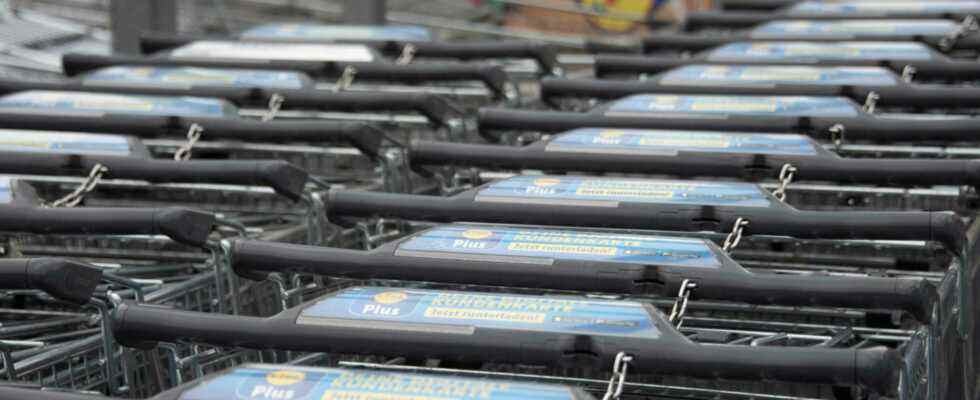Laura van Lerberghe (in Brussels), edited by Laura Laplaud
modified to
9:46 a.m., June 22, 2022
No recession, but GDP growth that slows down significantly to 2.3% in 2022 against 2.7% last March, according to Banque de France forecasts. By the summer, Emmanuel Macron should announce new measures but deprived of an absolute majority in the National Assembly, the executive is already finding itself in difficulty to have its law on purchasing power and its amending budget adopted, supposed to urgently support the French in the face of inflation.
A question arises: what are our European neighbors doing to protect their purchasing power? In Belgium, salaries and allowances are partly protected from inflation by a well-known mechanism: the automatic indexation of salaries. When prices rise, earnings follow. This year, inflation is estimated at almost 9% in Belgium. Although this system is praised by the OECD, it is not always good news for business owners.
2% inflation, 2% salary increase
“We have no choice, in Belgium, it’s the norm, we follow.” Fabrizio is the owner of a waffle shop and this year, his employees are costing him more because of the automatic indexation of salaries. From 2% inflation, the salaries of Belgians also increase by 2%. A significant cost for entrepreneurs. “It’s a bit complicated in the sense that we have to cut back on our margins, we have to put in our pocket to be able to be competitive,” explains Fabrizio.
Especially since the expenses add up. “The price of wheat matif has doubled between last year and this year. The oils have exploded and we, in the end, we have to support these price increases”, he specifies.
For nine out of ten entrepreneurs, the current system is untenable. This is what emerges from a survey by the Association of Flemish Independents. A statement also shared by the director general of the Federation of Belgian companies: “We see that there is really a panic and there are really people who are wondering if they will survive with all the costs they are facing.” “It’s not even a question of making a profit, it’s a question of making a loss,” she says.
Indexation is calculated according to everyday prices: energy, real estate, food or even health. But tobacco, alcohol or fuel are excluded. The next indexation will take place by the summer, with the risk of entering an inflationary spiral.
